Editor’s note: This story has been updated to clarify changes to Article 120, the section in the UCMJ that addresses sexual assault.
In 2016, Congress passed a new Military Justice Act, calling for a review and reorganization of the Uniform Code of Military Justice, the set of rules and regulations that dictate criminal offenses for service members and how they are adjudicated.
Among the changes are new definitions for adultery and intimate partner violence, and a specific law against sexual relationships between instructors and trainees.
The revamped system went live on Jan. 1, the first update to the UCMJ since 1984, and, according to officials, the biggest set of changes since the code was enacted after World War II.
The Military Justice Act of 2016 called on the services’ judge advocate general corps to take a big-picture look at criminal justice in the military, updating some rules and definitions, while changing up some proceedings to streamline processes or to get them in line with civilian federal courts.
“We make a lot of changes every year, we always have, to our military justice system,” Army Col. Sara Root, who works in the criminal law division at the Office of the Judge Advocate General, said. “But they said, ‘Let’s take a look, and just see how we can make it more efficient, more effective.’ ”
The original UCMJ went into effect in 1951. There were small updates in 1968 and 1984, according to the chief of the Army’s Military Justice Legislation Training Team, but in some ways, it was still “a little bit dated.”
The judge advocate corps has been training on the new rules for the past year, Root said, with a team traveling to 48 installations and briefing more than 6,000 military lawyers and legal personnel.
“In addition to training our corps, our military justice experts are building tools and updating publications,” Lt. Gen. Jeff Rockwell, the Air Force judge advocate general, said in a Jan. 2 news release. “Installation commanders, convening authorities, chief master sergeants and first sergeants will continue to receive military justice training in formal courses and from their local installation legal offices. Our focus is to ensure a smooth and seamless transition for all airmen.”
For service members, the most important thing to note is when and how the new rules take effect.
Offenses committed before Jan. 1 fall under the previous system, so any investigations or proceedings that were underway in 2018 will continue according to those rules. Offenses committed after Jan. 1 fall under the new UCMJ.
Where it could get complicated is so-called “straddling offenses,” Root said.
For instance, if a service member is arrested today on multiple counts of domestic violence that occurred both in 2018 and in the new year, charges would be applied according to when each incident occurred.
The accused can opt in to the new sentencing rules if they have straddling offenses, Root said, but otherwise commands will have to use the old rules.
Some of the updates go too far, according to one civilian defense attorney, while, in other places, not far enough.
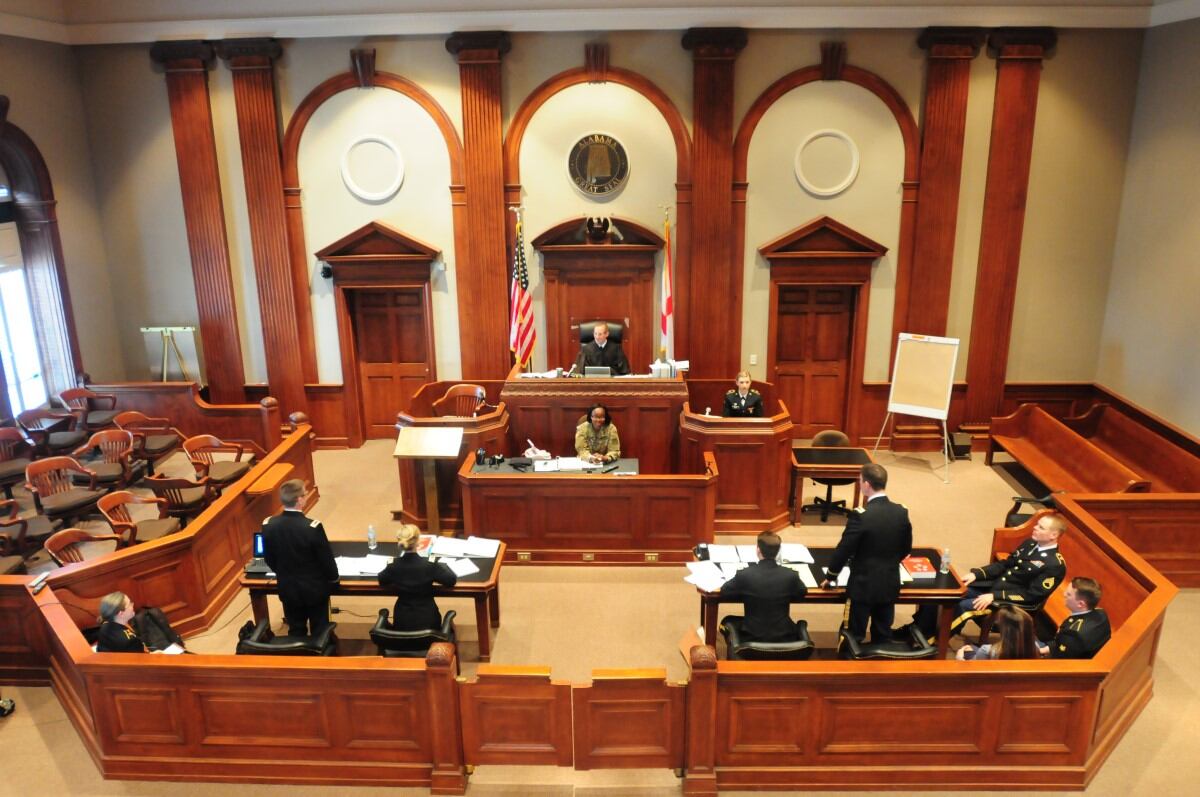
Some definitions and norms might trip up service members, Sean Timmons, a former Army judge advocate and current managing partner at the law firm Tully Rinckey, said, so they should take care to read about the changes.
“A lot of behavior that’s legal, or at least acceptable in the civilian world, is criminalized in the military,” Timmons said.
And while the new Military Justice Act could streamline some of the time and resources it takes to prosecute crimes, he added, there are still some major obstacles to adequately applying UCMJ — the way then-Defense Secretary Jim Mattis directed the services to in an August memo.
RELATED
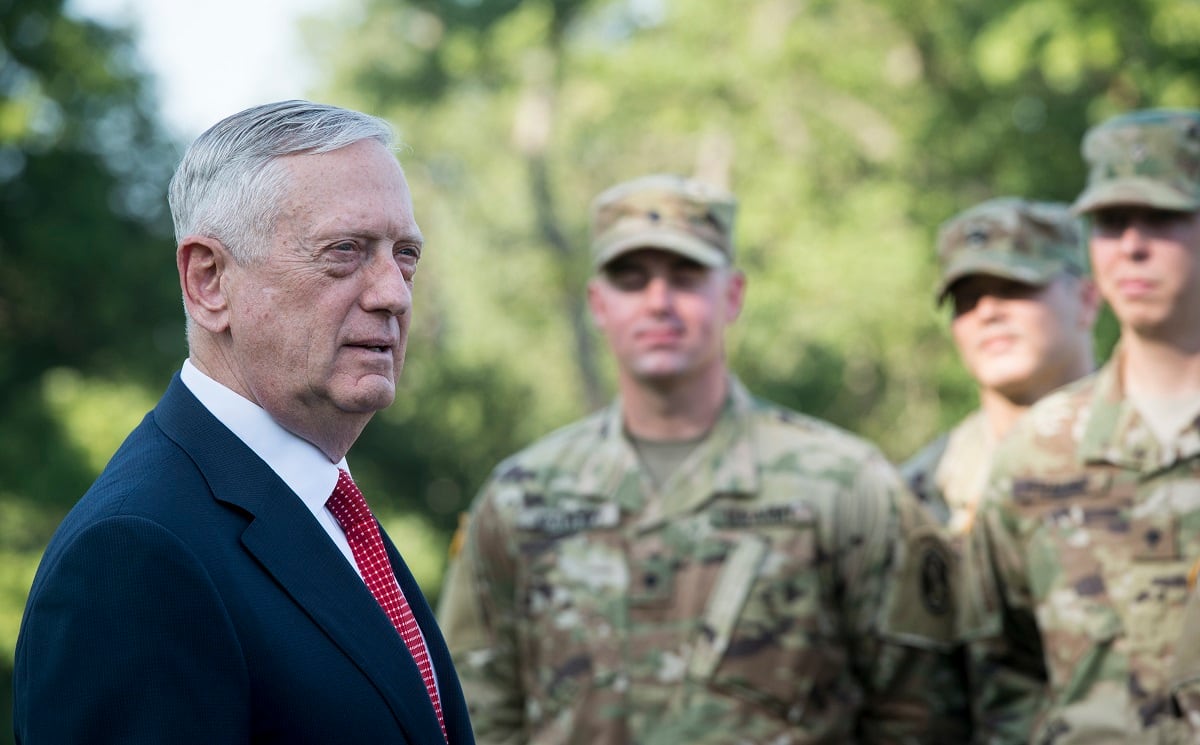
“Honestly, that’s the biggest crux of my practice,” Timmons said of defending sexual assault cases, which he said are dominating caseloads.
Prosecutors are using administrative and other non-judicial action to prosecute more minor offenses because they’re focusing their efforts on what Timmons called “he said, she said” cases.
“The military has spent every resource it can to try to tell Congress … ‘Look, we’re doing everything we possibly can,’ but they’re neglecting other crimes,” he said.
New rules
There are some new definitions for terms with which you might already be familiar.
Adultery, for instance, is one that can confound service members. Cheating on a spouse is illegal in more than a dozen states, but prosecuting it is practically unheard of.
Until Jan. 1, in the military, it was only defined as sexual intercourse between a man and a woman — specifically the variety that can produce offspring.
Now, adultery has been re-branded as extramarital sexual contact, and it includes genital, oral and anal acts. On the other hand, it’s also not considered adultery if you are legally separated, somewhat relaxing the previous law.
The definition of intimate partner violence has also been redefined, beyond spouses and domestic partners.
“It’s actually pretty broad, and it’s meant to bring us into the 21st century, where it doesn’t just have to be that you’re married, for example,” Root said.
It now includes former spouses, someone you have a child with, someone you live with or have lived with as a romantic partner, as well as someone you’re dating.
The regulations are not explicit on how long someone must be a romantic or sexual acquaintance to be considered an intimate partner.
“So, I think that’s one area where we’ll see, maybe, the definition develop,” Root said, adding, “I don’t know that one date would be enough.”
There are some other, smaller tweaks, as well.
Cyber-stalking, conduct that induces fear of harm carried out through electronic communication, has been added to Article 130.
And “breaking and entering” can now occur at any time of day, whereas before it was defined by a nighttime break-in.
One change, to the sexual assault section of Article 120, is particularly worrying for Timmons.
“My argument is, as a defense attorney, that Article 120 is extensive and expansive,” he said, bordering on unconstitutional.
For example, in a case of “mistaken age,” the defense would have to prove that he or she could not have known the age of the victim.
Timmons argued that the shifting of the burden is an overreaction to pressure from Congress to stamp out sexual assault.
“And now they’re taking it seriously — they’re taking it so seriously that they’ve shifted the burden to guilty until proven innocent,” he said. “I’d like to see Congress modify it. [This] harms people because they go through two years of the trial process, where they’re slandered and defamed.”
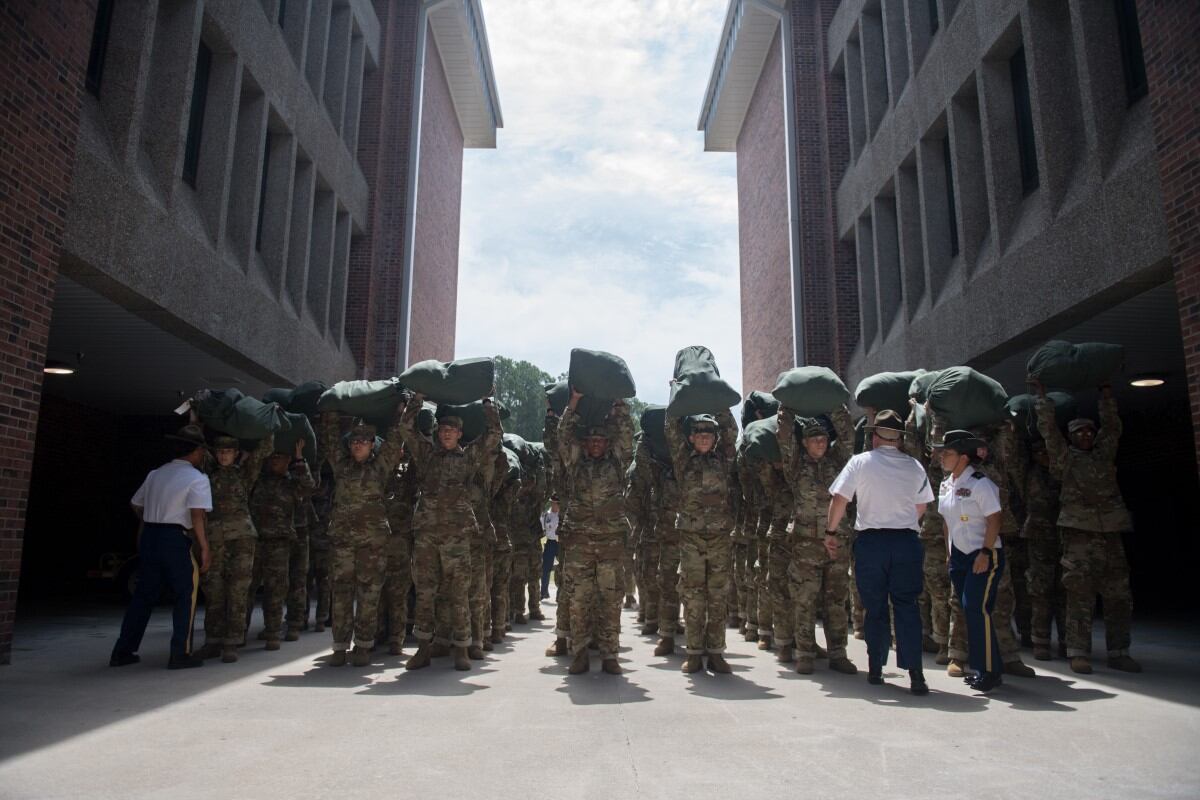
New articles
While many of the changes to UCMJ laws themselves involved migrating offenses from one article to another, there are some brand new laws:
- Article 93a, prohibited activities with a military recruit or trainee by a person in position of special trust. Previously, this would have been considered an Article 92 offense, failure to obey a regulation. While there are already laws against unwanted sexual contact and inappropriate relationships, this adds a layer when those crimes occur between, for example, a recruiter and an enlistment prospect, or an instructor and a basic trainee. It carries a sentence of up to five years. Stories of instructors or recruiters assaulting or otherwise carrying on sexual relationships with the young people they’re charged with guiding have regularly made headlines. Article 93a would have added charges to the prosecution of military training instructors at the center of a 2012 scandal at Lackland Air Force Base in San Antonio, the site of the service’s basic military training, for example.
- Article 121a, fraudulent use of credit cards, debit cards and other access devices. This law focuses on the intent to defraud, rather than larceny, which requires success. “Access devices” can mean account numbers, pass codes or telecommunications equipment that can be exploited to obtain money, goods or services.
- Article 123, offenses concerning government computers. This includes unauthorized use to obtain classified information, to obtain sensitive information or uploading a virus or other program to damage a network. Previously this fell under Article 92.
- Article 132, retaliation. It is now illegal to misuse authority in an attempt to retaliate against a person for making a complaint or reporting a crime. This might include corrective training or withholding awards for no other reason than to punish whistle-blowing, for example. It is also illegal to discourage someone from making a complaint or reporting a crime.
Article 134, or, the ‘catch-all’
In the past, when a convening authority had a laundry list of bad behavior, but not enough UCMJ laws to cover them, miscellaneous specifications would fall under a charge of Article 134, also known as the “general article.”
“I think what they’ve learned over the years is that what’s essential for an Article 134 is that … one of the elements is it’s service discrediting,” Root said. “They’ve found that, really, most of those types of crimes, that’s not why they’re criminal. It’s pretty obvious that they have their own source of criminality.”
Child endangerment, for example, used to be considered an Article 134 offense.
But child endangerment is a crime in itself, Root said, and shouldn’t be considered a crime just because it’s discrediting to the military when a service member does it.
RELATED
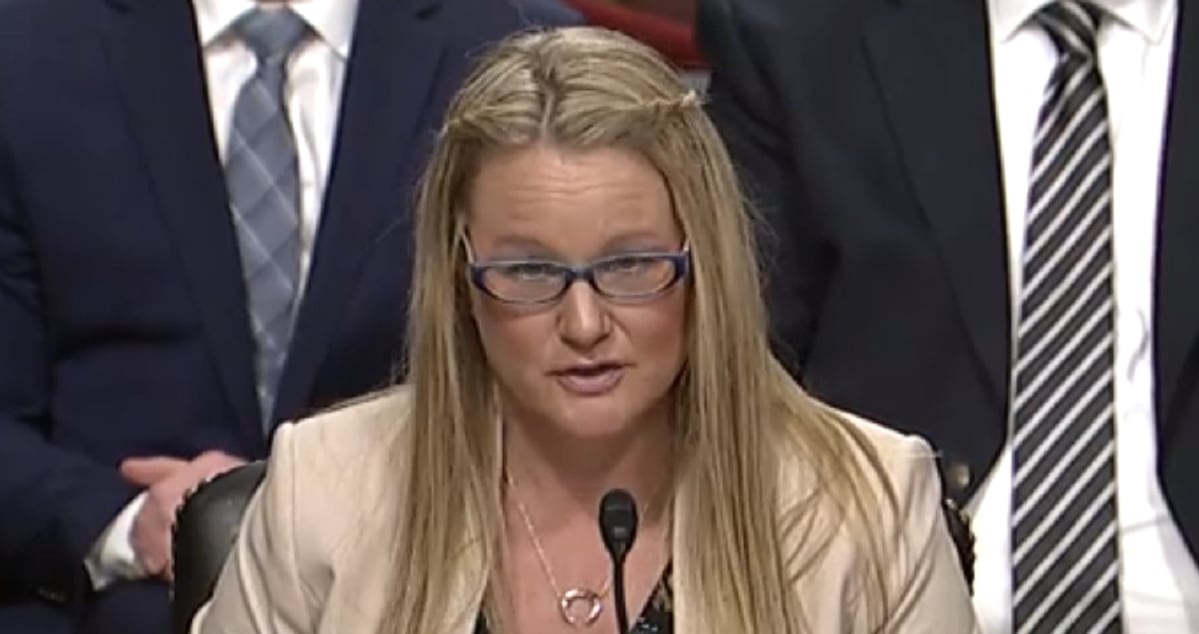
The Military Justice Act required the services to move more than a dozen offenses out of 134 and into other articles that grouped crimes together more logically.
“I think it’s designed to allow the government to charge more offenses, to put the burden on the defense,” Timmons said.
It amounts to throwing as many things at the wall as possible and seeing what sticks, rather than having one, generalized specification of 134 for harming good order and discipline, he said.
A defendant then thinks, “Okay, I’m obviously going to be convicted of something — let me just plead guilty to this,” Timmons added.
As a result of this change, several offenses have now been moved out of Article 134. Some examples:
- Assault with intent to commit specific offenses, now Article 128c.
- Bribery and graft, now Article 124a and 124b.
- Burning (property) with intent to defraud, now Article 126c.
- Child endangerment, now Article 119b.
- Drinking liquor with a prisoner, now Article 96b.
- Willfully discharging a firearm to endanger a human life, now Article 114b.
- Fleeing the scene of an accident, now Article 111.
- Impersonating an officer (including warrant, petty or noncommissioned), agent or official, now Article 106.
- Kidnapping, to Article 125.
- Obstructing justice, to Article 131b.
- Breaking medical quarantine, to Article 84.
- Communicating threats, to Article 115.
- Wearing unauthorized uniform items, to Article 106a.
Court martial changes
The UCMJ review also yielded a handful of changes to the way criminal cases are carried out.
“The greatest thing is that now the military system is a court of competent jurisdiction,” Root said, able to issue subpoenas to produce evidence.
In a civilian court, once charges are filed, the prosecution and defense are able to ask for court orders to talk to witnesses or receive evidence that will help determine whether a case is fit for trial.
In the military, early decisions are made by commanders and convening authorities — high-ranking officers at installations, for example — who decide whether to draw up charges or refer a case to court-martial.
These local convening authorities, however, didn’t have the jurisdiction to issue court orders for evidence or communications because they aren’t judges.
Having them, or other court-ordered evidence, could make a big difference in deciding whether a case is strong enough for a trial, Root said.
In the past, cases would get to the court-martial phase before prosecutors could see those emails, for example, and sometimes they wouldn’t be as compelling as they had hoped.
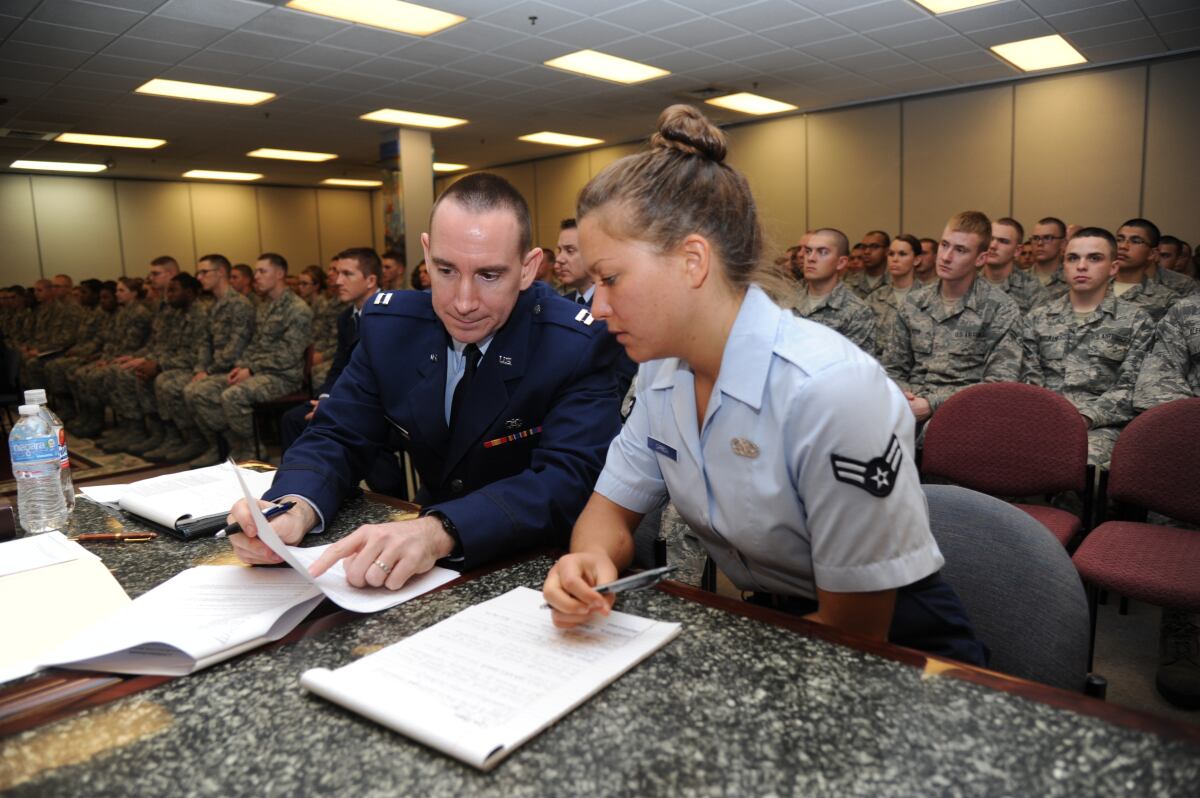
A new special court-martial, dubbed the “bench trial,” offers a judge-only, pared-down version of a military trial that streamlines the process for a prosecution but also guarantees no more than six months confinement or forfeiture of pay for the accused, taking punitive discharge off the table.
“In cases where the accused is likely to plead guilty, it might be attractive,” Root said, because of the limits on sentencing.
It also puts the military more on par with federal criminal courts, which have more latitude to prosecute petty crimes quickly.
“And we have a lot of crimes in the military that specifically deal with good order and discipline,” Root said, like absent without leave, disrespecting leadership and minor drug possession.
A bench trial could be attractive to a defendant in a case where the details are “grotesque,” Timmons said, such as possession of child pornography, where a judge might take a more surgical look at laws and sentencing.
There are also some changes to plea agreements, including mandatory minimum sentences in plea agreements, whereas parties could previously agree on light punishments or a judge could hand one down.
A mandatory minimum sentence in a plea deal could satisfy a victim’s desire to see justice while avoiding the spectacle of a trial.
“There’s some assurance for a commander that there would be some sentence,” Root said, adding, “and I think sometimes maybe a victim might be supportive of a plea agreement.”
For cases that do make it to trial, there are some significant changes to jury panel sizes.
A general court-martial used to require at least five panel members, Root said, but the number usually depended “on how many seats are in the panel box at a particular location," and two-thirds finding guilty needed to convict.
Now it’s regulated: Four for a special court-martial, eight for a general court-martial, and 12 for a capital general court-martial, with three-quarters to convict.
There are yet more changes for post-trial proceedings.
Service members found guilty at trial can elect to be sentenced either by a judge alone or by a panel, as is done now. Once a sentence is handed down, if it calls for a dishonorable or bad-conduct discharge, more than one year in prison, dismissal of an officer or death, the case is automatically sent to an appeals court for review.
But that process couldn’t start until a convening authority approved the sentence, and that wouldn’t happen until the court reporter completed a full transcript of the trial. It could take months and months, Root said.
Now, an audio recording of a trial is considered a sufficient record of trial, and courts-martial are considered closed after a judgment is entered — in more like 45 to 60 days, she said.
RELATED

In May 2017, the Armed Forces Court of Appeals overturned the 2015 rape conviction of Airman Rodney Boyce. The hope is that speeding up the process to end a trial will also speed up the appeals process, possibly cutting down the time the accused spends in confinement, waiting on an appeal.
“If that happens faster, that means my client has a better chance of getting an acquittal down the road,” Timmons said.
Meghann Myers is the Pentagon bureau chief at Military Times. She covers operations, policy, personnel, leadership and other issues affecting service members.





